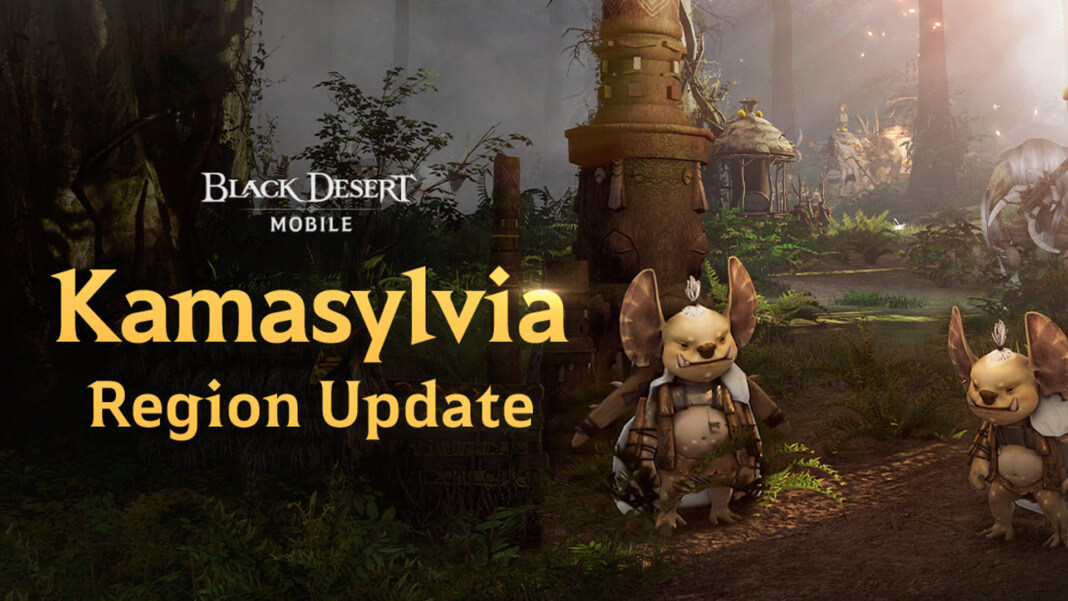If you are a content marketer, you are probably very familiar with CMS – what it is, how it works, different options, and all the other details around it. But if you are just starting with marketing, you should try to learn as much as possible about content management systems because this is a tool that everyone in the field needs to understand and know how to use. Do you want to know more about CMS solutions? Keep reading to find all the details.
What is a CMS?
CMS or a content management system is software that is used to create and manage content on your website, blog, eCommerce, etc. Most of the available tools don’t require any particular technical knowledge, and this is why they are perfect for any marketer. With the help of the right CMS, you can create a great site without the need for even one line of code. Of course, if you are familiar with coding, you can always use this knowledge and make your website even more personalized.
Before there were different CMS solutions out there, many companies created systems that they used to create websites and manage them. But this was a highly complex job because most of the time, they didn’t have a user-friendly interface, and everything was in code added by the developers, so they were the ones that needed to do all modifications. Also, you had to think about things like storing images and content, which might require quite a lot of space on your server if you have a bigger website. Now with a content management system, you can avoid this and focus on the crucial things like the user experience, producing great content, optimizing your site, and other aspects without the need for developers to help you all the time.
What is the difference between CMS, ECM, and WCMS?
CMS, ECM, and WCMS are all used to manage content, but they have a couple of differences.
- As we said, CMS or a content management system is used to create and manage your digital content. But this is a system that is very well structured, and therefore the database with content inside is also structured.
- ECM or an enterprise content management system manages structured but also unstructured content. This would mean that it can include the company software, internal documents, strategy, etc.
- WCMS or a web content management system is technically ECM but only for web content. Brands most often use it for product pages for different eCommerce websites and storing inventor data.
How does CMS work?
A CMS is there to help you create your site and manage it using a simple interface. If you don’t use one, you will need to write everything in HTML code and upload it on your server, which might be more challenging since not everyone knows HTML and also is much more time-consuming. A content management system that offers you an interface will also tell you when something is wrong, so you don’t have to check thousands of lines of code for a tiny mistake.
So, basically, if you use a CMS like WordPress, you will have dedicated fields where you should put your content, easy-to-use functionalities to manage your site, a lot of additional plugins at your disposal, and much more. Uploading media is very straightforward, and you won’t have to store an enormous amount of images on your servers — you can either use the media library the CMS has or create your own on it. With the help of a content management system, you can make sure your site looks exactly like you want it.
A CMS is made up of a CMA and a CDA. CMA or a content management application is the software you use to add and manage content on your site. CDA or a content delivery application is on the backend and is doing the job needed to put the content from the CMA on your website and make it visible. Most of the time, a marketer will interact only with the CMA, and if something is needed on the backend, a developer will intervene.
What are CMS core features?
Different CMS offer different functionalities, but there are some core ones you will find in each CMS. Those are the ones you will need to be able to create and manage your site. Let’s have a look over those features:
- Content upload and management — You will be able to create new entries like pages, blogs, etc., with a couple of clicks and fill them with content. There will be different fields where you can put the title, text, URL slug, and other metadata elements.
- Revision management — CMS is perfect for collaboration. You will be able to see what other team members did on a piece of content and easily create pages with the help of a design team, for example.
- Indexing and search features — Since a CMS is a very structured system, every page and blog will be indexed, and you can easily search for every entry. You can also create different tags to make managing your CMS even easier.
- Search engine optimization features — Many CMS solutions will help you with SEO. There will be fields for each metadata element that is important for SEO and recommendations on what you can improve. There are various plugins for the different CMS solutions you can use for this purpose.
- Support for multiple languages — With the help of a content management system, you can easily translate your site and manage it in different languages.
- Different templates and plugins — If you don’t want to start from scratch, there are various templates and themes that a CMS can offer you. Like this, you can still personalize your site but save some time, And the variety of plugins or extensions (depending on how each CMS calls them) will support you in every need you have. For example, you need a contact form management, security and backup, and much more.
- Admin panel — This is where you will do the initial setup of your CMS and link it with your domain and hosting service. Most CMS are very easy to work with, and you won’t need any help from developers to do so. The admin panel will also allow you to manage users’ permissions, languages, etc.
How to choose the best CMS for yourself?
There are a couple of steps when choosing a CMS, and the first one is deciding what exactly you would like to achieve. You need to know what site you would like to create, how you would like it to look, how much content and how often you would like to upload on it, how you would like to manage it, etc.
Once you know what you want to achieve, you will have an idea of what you would need to complete it. You will have to make a list of the functionalities the CMS will have to offer you. If you find a couple of solutions that includes all the functionalities you need or plugins that can support you, you need to compare the pricing. There are many great free CMS opinions, but you will have to consider the pricing if you need something more professional.
After choosing your CM, you need to train yourself and the other people who will use it. At the same time, try to come up with the structure and processes you will follow. Like that you will all be on the same page you will keep your tool clean and easy to manage. Don’t forget to think about additional services like security and backup of your site just to be on the safe side.
Managing your site will be pretty easy with the help of the right CMS. Find a solution that will fit your needs, and you will surely be able to create a fantastic site that your visitors will love. Look as well for blogs that can help you with supportive content on managing your CMS better. The most popular ones have great communities that are very helpful with tips and tricks on using your CMS at its full potential.





